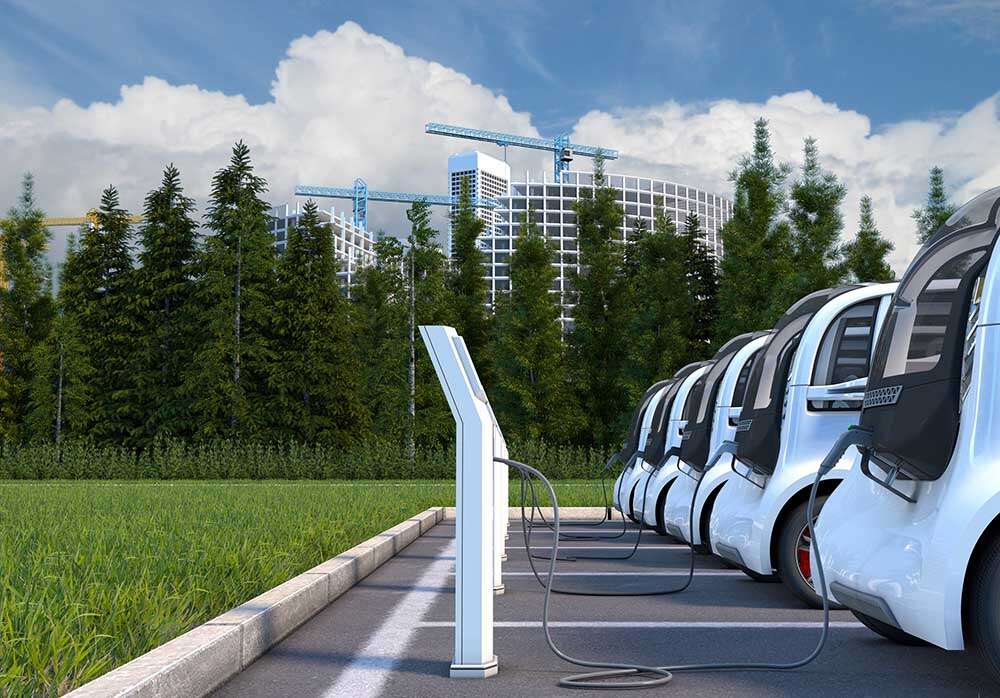
It is estimated there will be 18 million battery and plug-in hybrid electric vehicles on the UK’s roads by 2030 – the same year a ban on the sale of new internal combustion vehicles comes into place.

Declining fossil fuel demand and the pivot to new fuel sources presents significant challenges to the traditional fleet services providers. (Photo by 3alexd/iStock)
CGI solutions director Graham Chedzoy and consulting director Joe Dipple agree EVs pose a challenge to established norms of the fleet industry, but stress operators also have the ability to adapt. Change can be painful, but as the fleet industry model evolves it will also bring opportunities.
Speaking on CGI’s Future of Fleet podcast, Chedzoy and Dipple discuss how suppliers will be able to leverage their relationships with customers as they transition to EVs, and are ideally positioned to keep providing existing services, along with new services, while addressing the fleets’ wider needs as they change.
Change is already under way
“It is a lot simpler to build an EV charge point than to build a petrol forecourt,” Chedzoy says. “There are many charge points, ways to pay, networks, protocols and brands, meaning there is still a key role for an aggregator to bring it all together and make it easy to access. Who better to do that than the providers who have been doing it for decades already, albeit in a slightly different way.”
The inevitability of the transition can be seen in the fleet industry’s growing investment in electric vehicles. In the past two years, more than £8bn has gone into EVs in the UK, with a further £12bn set to be spent in the next two years.
“We’re already starting to see some of the more flexible suppliers moving from focusing on fuel and mobility services to offering a much broader range of business services. The future of fleet is happening already.”
Listen to the discussion on CGI’s Future of Fleet podcast below.






